Topic: Manufacturing
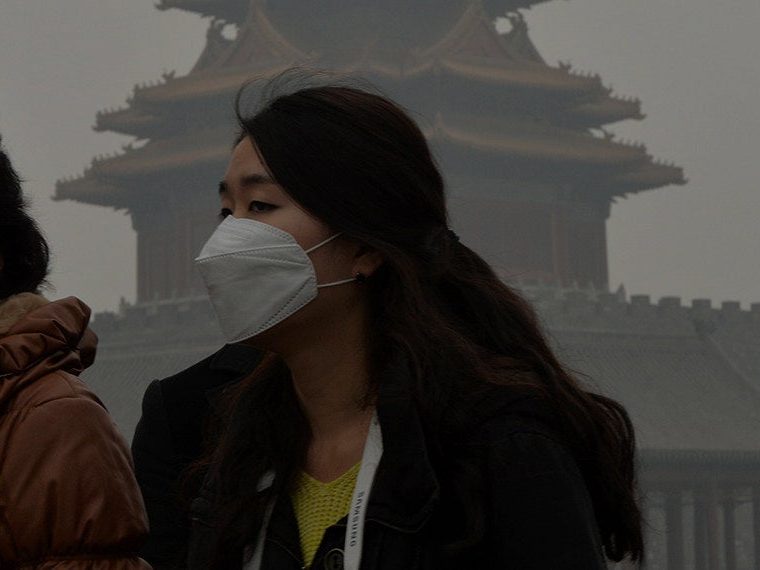
Your Chinese Supplier Pollutes – It Dents Your Stock Price?
The market penalizes customers’ shares more than those of the polluter
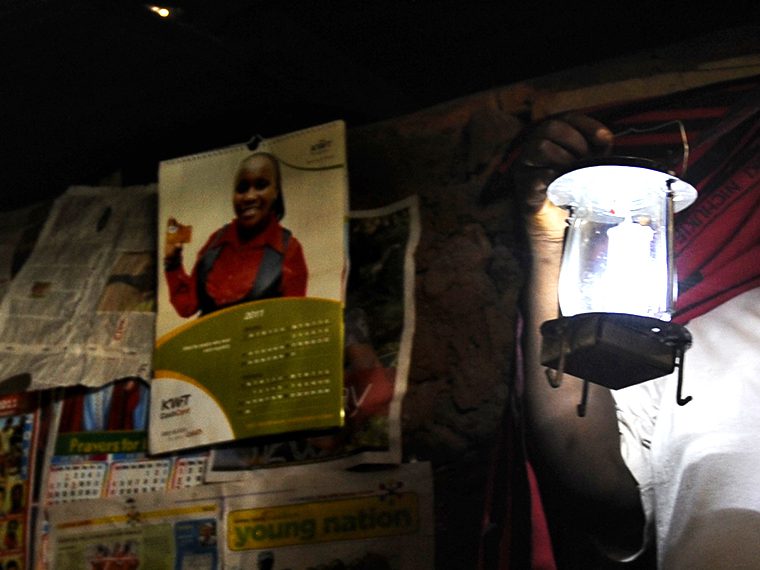
Shining a Light on the Development Supply Chain
Field researchers constructed a model to subsidize essential goods for low-income communities in crisis, and profit in recovery

How Fashion Brands Can Best Ensure Worker Safety in Developing Nations
Collective action, rather than each brand working alone, appears more effective and costs less
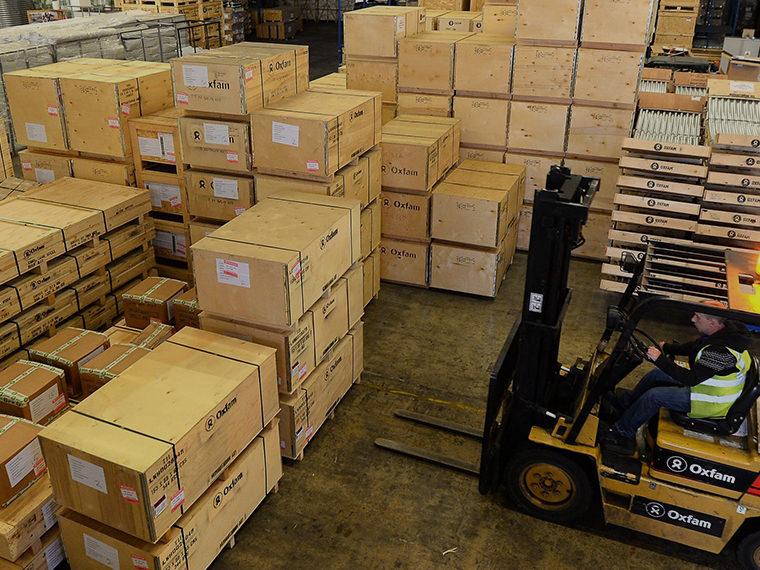
When Manufacturers Commence Exporting, They Become More Efficient
Looking at costs, in a sample of 5,000 plants in Chile, remarkable productivity gains occur

Once Begun, Corporate Carbon Reduction Efforts Gather Momentum
Companies are surprised: Opportunities to reduce CO2 are more plentiful than expected
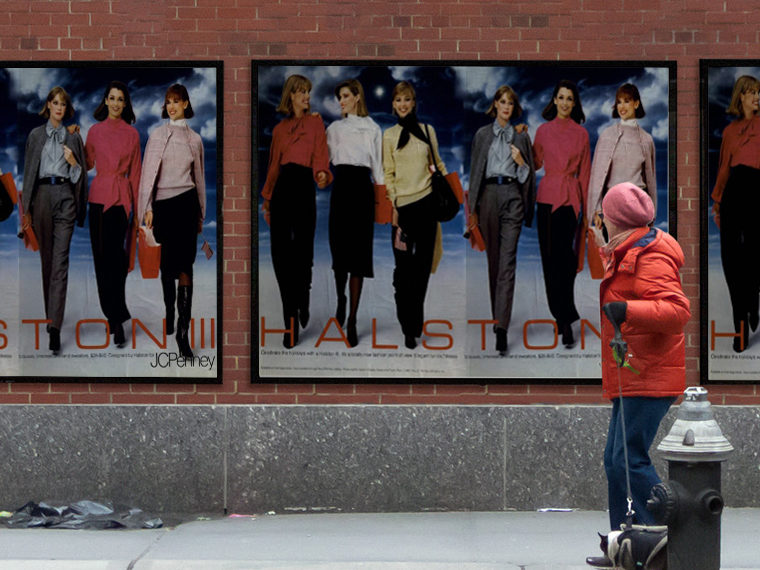
Luxury Goods: The Perils and Profits in Lower-Priced Markets
A study uses game theory to suggest when designer companies should license their names for down-market goods

Volume Discount? In the Chip Industry, Don’t Count on One
Semiconductor makers’ pricing is based not just on quantities ordered but also on “capacity rationing”
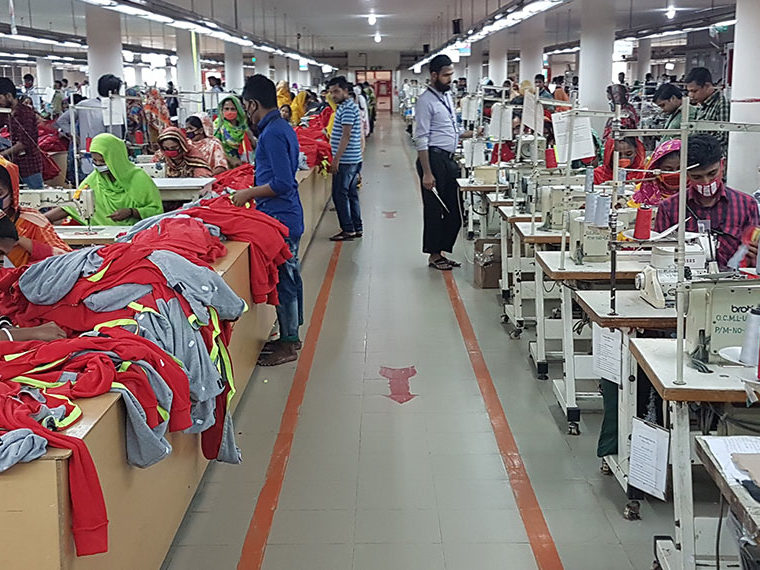
How Brands Can Anticipate Unauthorized Subcontracting of Apparel Manufacturing
A model predicts with 80% accuracy which orders get handed off
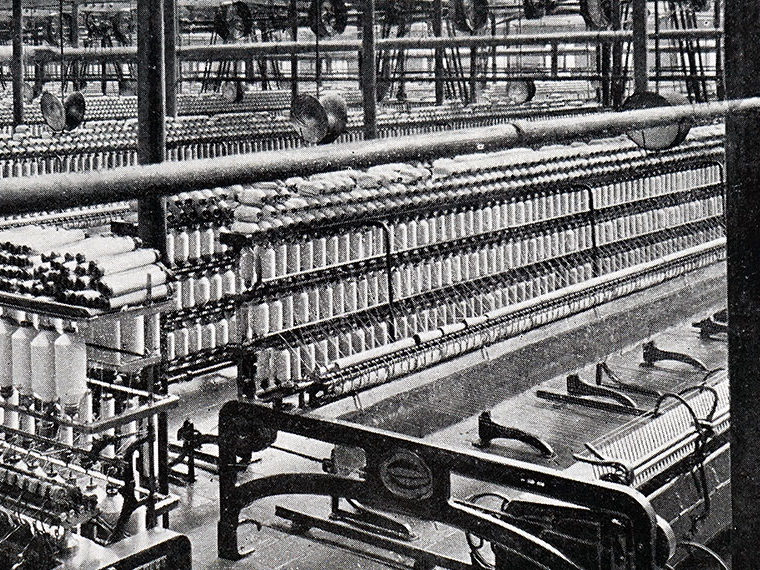
Amid Technology Boom, Where Are Productivity Gains?
19th-century French cotton mills suggest halting, uneven progress
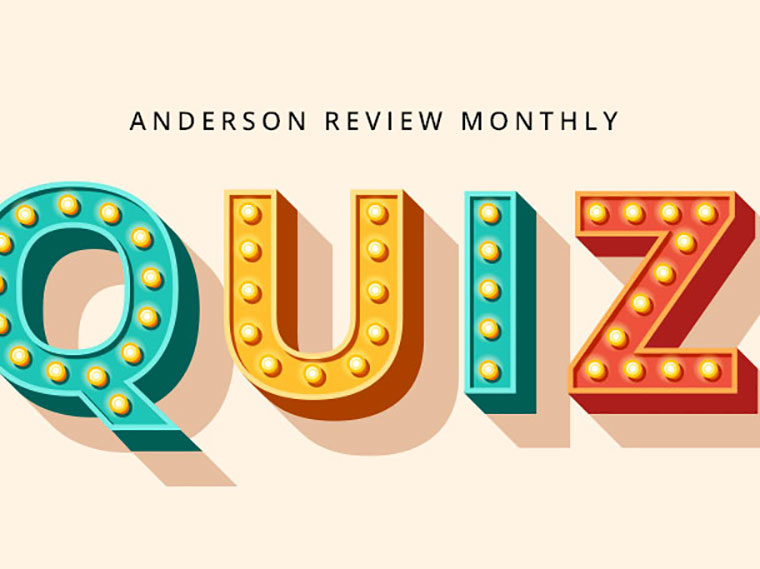
Snap Quiz — This Is for Extra Credit
Welcome to UCLA Anderson Review’s quiz, in which we aim to extract business and life lessons from faculty research we cover each month.

A Model Could Help Food Processors Operate More Efficiently
Managing production with the declining potency of a catalyst

A Proposal to Even Out Flu Vaccine Supplies
A system of manufacturer rewards and penalties, consumer taxes and subsidies could aid vaccination rates
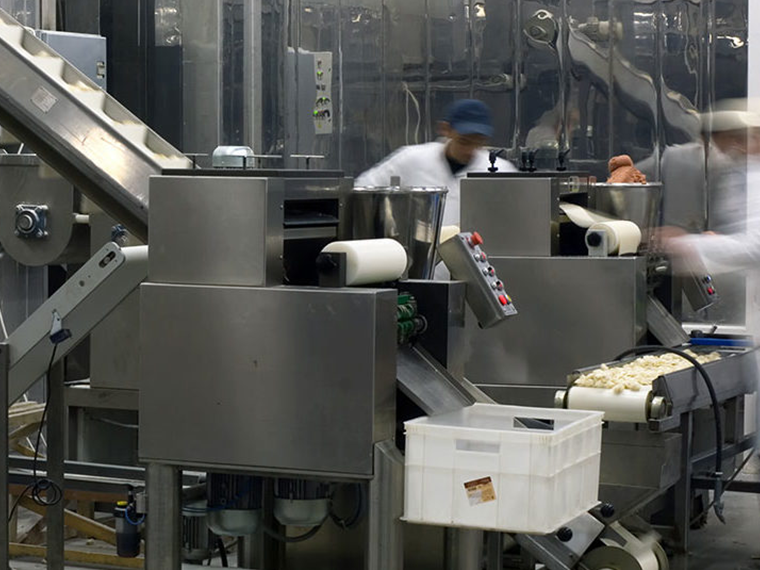
Should Manufacturers Use Formal Procedures to Evaluate Alternative Materials?
Methods that weight efficacy, toxicity and cost improve understanding but provide no easy answers
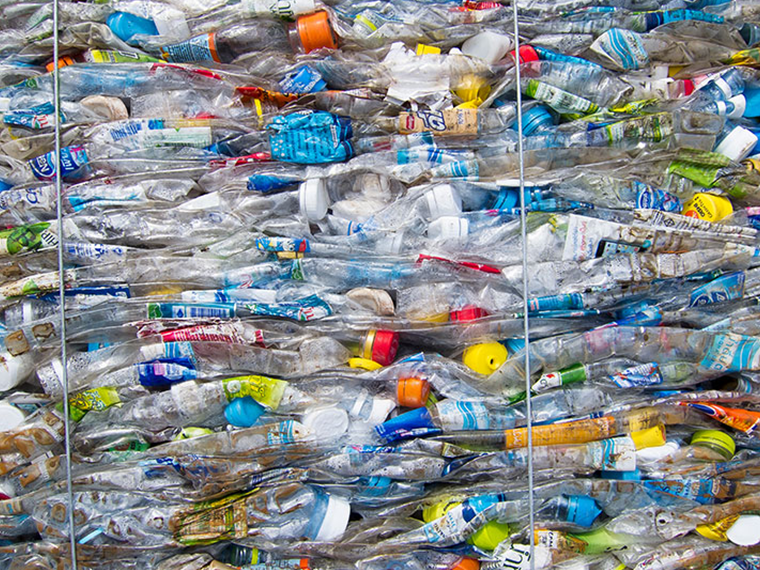
Ditching Small Plastic Bottles — for Medium-Sized — Could Cut Waste
1.8 million tons of PET plastic bottles end in landfills annually

Recession Recoveries Take Longer as Manufacturing Fades
Should stimulus be targeted toward displaced workers, rather than across the economy?
